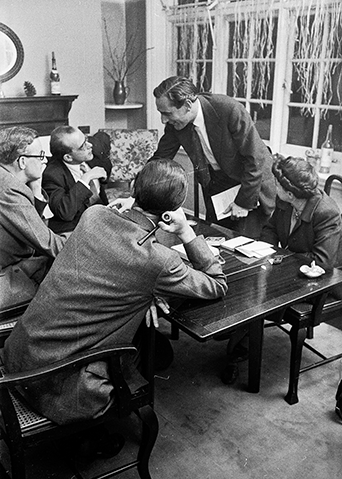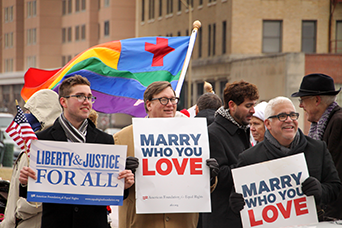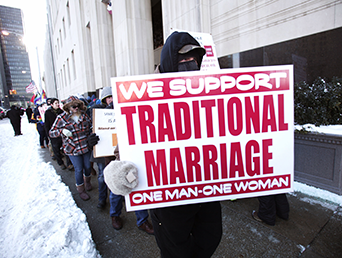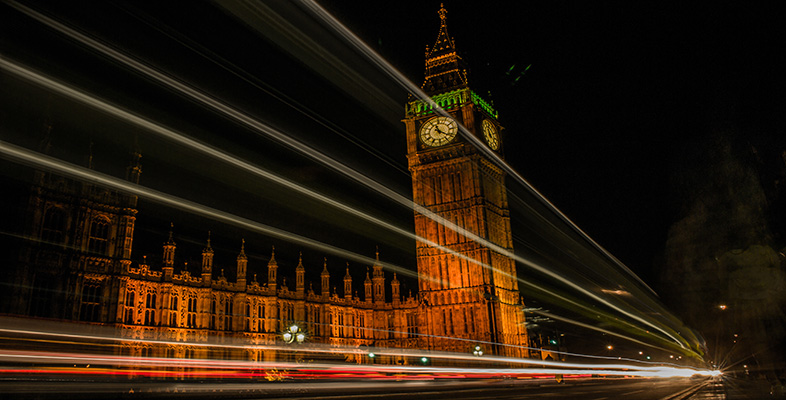2.1.5 Politics as a social and public activity
Some of the examples cited above, involving the politics of playgrounds or the politics of familial coexistence, prompt us to consider some even broader definitions of politics. The play of children or the interaction of spouses has little to do with states, politicians or political institutions. If you have watched children play, you probably know that the politics of playgrounds does not always involve the peaceful resolution of conflict. It is often about power, but power defined in rather broad terms. Thus, if we agree that there is such a thing as the politics of playgrounds, we might have to stretch our definition of politics quite significantly.
Proponents of narrower definitions of politics often object to such stretching by arguing that if stretched too far politics can lose its meaning, becoming everything and anything one can imagine. That is indeed a legitimate concern, and one that broad definitions of politics must contend with. Keep this in mind as we examine some of these broader definitions of politics; in the end, it will be up to you to decide whether any of these definitions succeed at broadening the scope of politics without diluting it to the extent that it loses its meaning.
Among the broadest ways of defining politics is to understand it as a ‘social activity’ – an activity we engage in together with others, or one through which we engage others. Politics, in this sense, is ‘always a dialogue, and never a monologue’ (Heywood, 2013, p. 1). A similarly broad (or perhaps even broader) definition is offered by Arendt (2005), who argues that politics does not have an ‘essence’ – it does not have an intrinsic nature, or an indispensable element according to which we can definitively, and in all circumstances, identify something as political. Thus, there are no quintessentially political acts, subjects or places. Politics, rather, is the world that emerges between us – the world that emerges through our interactions with each other, or through the ways that our individual actions and perspectives are aggregated into collectivities.

Having consistently critically engaged with the definitions of politics presented thus far, you are probably already asking some critical questions about these newest definitions. You might be asking, for instance, What qualifies as social? Is it simply an activity that is engaged in by more than two people? If so, is everything that is social also political? Is going to a pub or a football game or shopping political? If politics is a dialogue, is every conversation political? Conversely, is politics never a monologue? Must it always be a conversation? And what precisely qualifies as a conversation? Do politicians yelling across each other during a parliamentary debate qualify as a dialogue? Or are they simply shouting, without actually engaging with each other’s ideas, and therefore not actually ‘doing politics’? Or if, as Arendt postulates, there is nothing that is ‘essentially’ political, and politics can appear anywhere, is everything political? Does this stretch politics a bit too thin, diluting its meaning to the point of making it meaningless?
Similar questions could be asked of yet another interpretation of politics, that which defines politics as a public (as opposed to private) endeavour. For some, this has meant that politics occurs exclusively in the public sphere, while that which goes on in private does not merit the label ‘political’. This distinction between the public and private has been problematised and disrupted by feminist political theory, and is well captured by the feminist slogan ‘the personal is political’, or, in other iterations, ‘the private is political’. The phrase originated with second-wave feminism, a period of feminist activism that began in the 1960s and focused on issues like domestic violence and reproductive rights, previously considered matters of ‘private’ as opposed to ‘political’ concern. The phrase has since been used to argue that the narrow association of politics with public institutions or the institutions of the state (from which women have been historically excluded) should be abandoned in favour of a more inclusive definition of politics that recognises the activities of women in the private sphere (within the family structure, for instance) as potentially political. It has also been used to argue that issues such as spousal abuse or reproductive rights (often considered private matters, as opposed to public issues) should in fact be politicised, and considered matters of public concern.
However, the argument that politics is a public endeavour can also be understood more broadly. For something to be public, it need not take place in the public sphere, as defined above. Something can be public in its orientation; it can qualify as public if it is directed outward, into the world, so to speak. On this understanding of publicity, the political-ness of an action does not depend on its location in the public or private sphere, but on its public orientation. Take, for instance, the act of reading a book or watching a film that has been censored or banned by your government. Reading such a book in a coffee shop (a public space) would certainly qualify as a political activity. But so might reading it in your home (a private space), or, indeed, keeping it on your bookshelf. Though done in the privacy of your home, these acts are directed outward, into the world, in the sense of making a (political) statement against censorship. In fact, they might even be considered political in the narrower sense of the term – they do, after all, ‘concern the state’ in the sense of directly challenging its laws.
Let’s stick with this example, and return briefly to the definition of politics as a social activity. Even if we broaden the definition of ‘public’ to include reading a banned book at your kitchen table, reading is surely not a ‘social’ activity or a ‘dialogue’, so it might not qualify as political according to that definition. Yet for some of those advocating a broad interpretation of politics, the concept of ‘dialogue’ is rather fluid. Dialogue, for instance, does not need to be a dialogue with someone specific, but could be a dialogue with (or critique of) prevailing laws or social norms. This would enable us not only to stretch the category of politics to include activities such as reading a banned book, but also to include within the realm of politics individual actions that are ‘directed’ towards others (without necessarily having an identifiable audience) or engaging in a ‘conversation’ in a more metaphorical sense of the term. Literature and art more generally, as well as their consumption (the reading of novels, the watching of films or attendance at an art exhibition, for instance) could, in this sense, be political. And so too, of course, would be the writing of fiction or the production of a film or piece of visual art.

Given the example you just worked through, you might be tempted to think that politics (whether broadly or narrowly defined) is all about critically engaging with or challenging the status quo – the present state of affairs. Protests against dominant social norms or government law do indeed challenge the status quo, but politics also includes attempts to preserve the status quo. Those who have engaged in protests to preserve the definition of marriage as a union between a man and a women have been engaging in politics as much as those lobbying to change it. Thus, while some engage in politics in order to change the present state of affairs, others do so to endorse and conserve that which exists.

